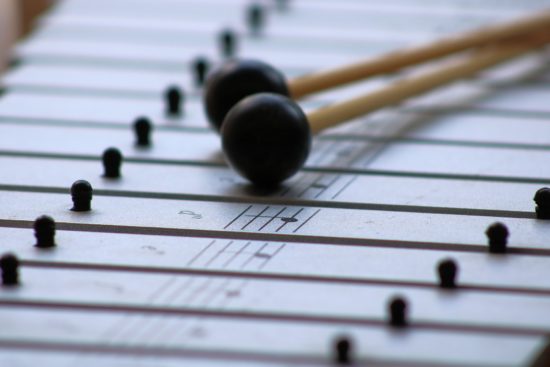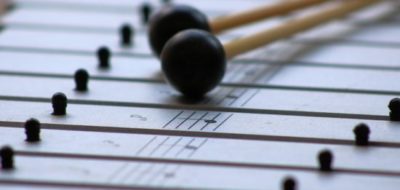Through music, people can connect with each other and can improve their mind position, improve their mood, feel relaxed, and reduces anxiety. In kindergarten school, teachers teach kids through singing and playing. In this way, children listen to them carefully and learn things quickly.
The Power of Music Education
Music treats mentally imbalanced people like a good doctor. It helps to make one happy, relaxed, and reduce stress. In the case of children, it helps to develop their brain along with personal growth also. With music, one can improve their relationship with others. Music training can improve brain function, boosts student’s IQ, improves language learning, and also improves speech. Music is a benefit for heart patients as it reduces their blood pressure and anxiety.
Music Integrates Many Different Subjects
Musical education makes people courageous, and they learn the values of life, discipline, social norms, and build a good character. It sharpens our memory and keep us focused. It not only develops musical skill but also improves the grasp on any subject. With the help of lyrics, one can strengthen vocabulary. Music also helps to know about our culture. A student who learns music can perform good teamwork than a non-musical student.
Music Builds Imagination and Intellectual Curiosity
If we introduce music at the very beginning of childhood, it improves brain function and helps to build curiosity about his learning. In school, if we teach students through music, it sounds exciting to them, and students easily understand their subjects. This helps to attach them with their school, and their attendance at the school also improvs. Music improves cognitive functionalities, and it helps in developing imagination and analytical skills.
Music Facilitates Language Learning
Music helps to sharp the left part of the brain. Therefore, our vocabulary stock also increases. Music also helps to improve language skills. In childhood, if children listen to their rhymes in multiple languages, it helps to grow linguistic sensitivity in those languages. Sometimes with school work we can use a little help with that. An online essay service EssayHub takes this dread off of our plate.
Music Enhances Students Understanding and Achievement
From the above discussion, we see that music and brain functions are internally connected. As music improves brain function, students take more interest in their studies, and they score better. A study on a group of students shows that students who have musical backgrounds got a 22% higher mark in English and 44% higher on maths than the students with no musical background. Thus, music helps to improve your performance on studies, and you can easily achieve your desired goal.
Music is Known to Increase the IQ
A report of a scientist claimed that music improves the brain function and the power of the mind. The so-called Mozart music put a positive impact on your brain and helps to improve academic performance. The shape and structure of the brain of a musician are different than a non-musician. With the help of different music lessons such as guitar lessons, one can improve cognitive skills and enhance IQ.
Music Helping Special Need Children
The children who are disabled, music help them by offering a sense of understanding. As music means the co-ordination between sound and rhythm, it helps to increase their focus on specific things. Sometimes music is treated as therapy for an Autistic child, and it improves their communication and social skill, behaviour, etc.
Music Education for Adults and Kids
If we start providing music education to a kid from a very early stage, it helps them to develop better brain functionality. It enhances the creative part of the brain that helps them in the later stage of their life.
For adults, music makes them happy, feel relaxed, reduce their stress, and control blood pressure. Music, at every stage, can be a vital tool to get rid of many diseases. On top of that, music is fun, entertaining, creative, and a very good companion.








